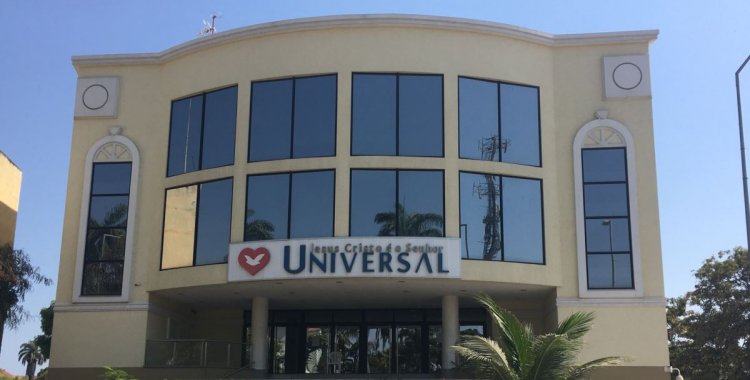In a statement published on its Facebook page, the UCKG stressed that it has been officially recognized in Angola since 17 July 1992 and accuses ex-pastors of "moral and, in some cases, criminal practices and misconduct contrary to the Christian principles required of a minister of worship.
On Monday, a group of Angolan pastors from the UCKG took over the management of several temples, including 30 in Luanda, but also in Benguela, Huambo and Malanje, removing the Brazilian management with which they reject "any kind of negotiation".
In statements to Lusa, one of the dissident pastors, Silva Matias, said that "there is a very big internal conflict at Universal," so the decision to break with the Brazilian wing was taken.
The Angolan shepherd said that "countless crimes committed by the Brazilian management" have been noted, pointing to foreign exchange evasion, money laundering and racism.
In reaction, the UCKG of Angola accused the dissidents of "taken by a feeling of hatred", having used "xenophobic attacks" and attacking and injuring pastors, wives of pastors and officials, "using violence with the aim of taking the church by assault for shady purposes".
They therefore called on the competent authorities to "correct" these practices "definitively", claiming to be harming "thousands of families who find comfort and help through the Christian faith", and calling for the restoration of legality.
Lusa contacted the police authorities to find out whether the UCKG has filed a complaint against the occupation of the temples, and clarifications were sent for later.
According to the UCKG, there are currently 512 shepherds in Angola, 419 of whom are Angolans, 65 Brazilians, 24 Mozambicans and four São Toméans.







